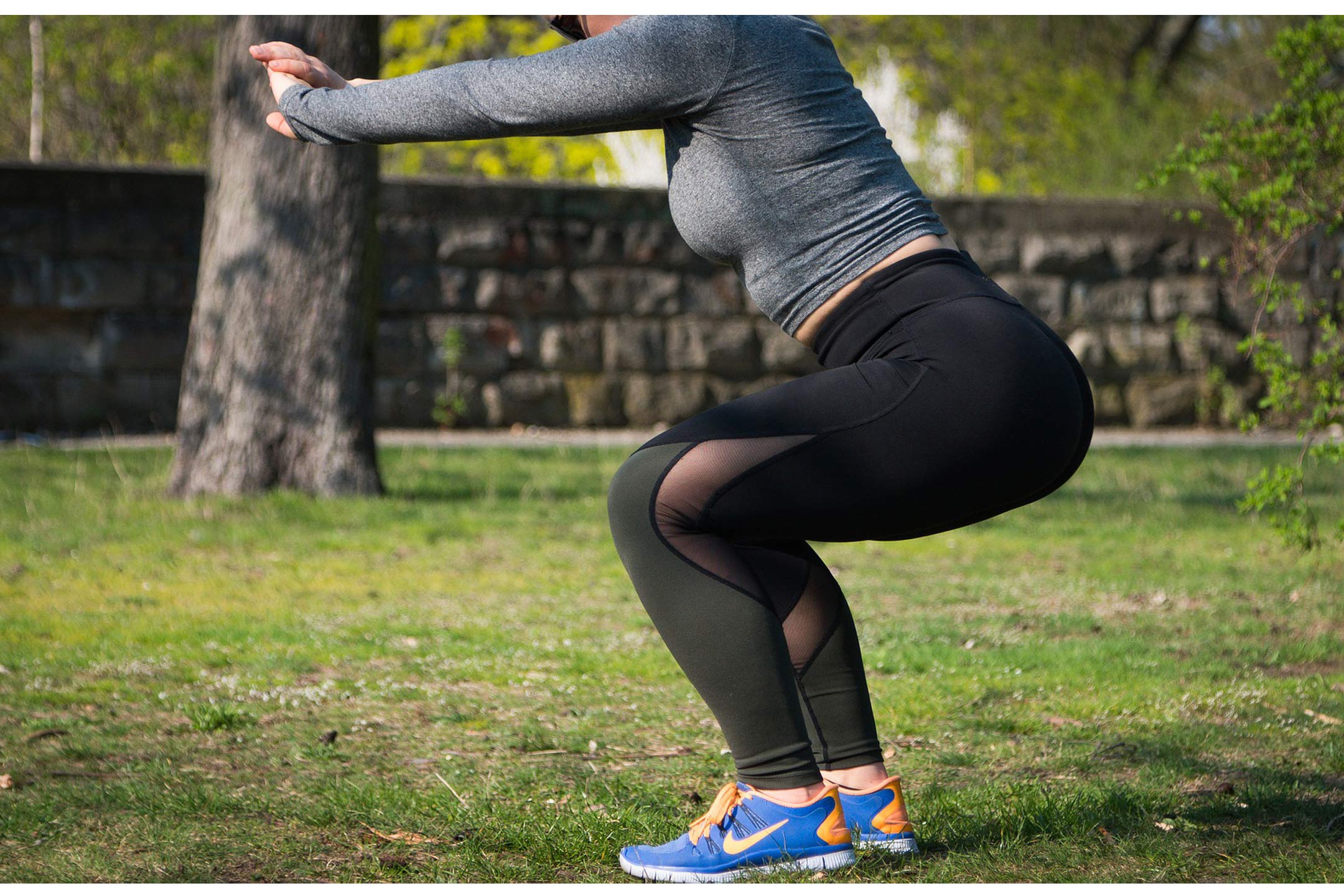
12 Sep 10 things women should be checking to stay on top of their health during COVID
Lockdown doesn’t change the important health checks we should all have, even when we are healthy, writes Andria Aird.
Regular health checks can quickly identify health issues for prompt treatment. This includes getting appropriate vaccinations, checking blood pressure, cholesterol and addressing any lifestyle factors. Some conditions require more checks, such as diabetes and pregnancy. A simple finger prick test, offered at Blooms The Chemist, can provide an indication of total iron, cholesterol and blood glucose levels and whether further tests are required.
- Cardiovascular health checks: Regular blood pressure and cholesterol checks are important as they provide information on the health of your blood vessels and heart. After the age of 18 check your blood pressure at least every two years.[1] If you’re over 45 or have high blood pressure you should also get a regular blood test every five years to check cholesterol and blood lipid levels. If you are at high risk of heart disease have this tested every year or two.[2]
- Immunisations: A yearly flu vaccination is also recommended, especially if you are over 65 years of age, if you are pregnant (especially if you are in your last trimester), have a chronic condition such as severe asthma or diabetes and are concerned about getting the flu.[3] You and your family’s childhood immunisations should also be checked to ensure they are up to date and whether you need any boosters, such as tetanus.[4]
- Blood glucose screening: It’s important to monitor your blood glucose levels especially if you are at risk of diabetes.2 Depending on your risk test your blood glucose levels every one to three years.[5] [6]
- Pre-pregnancy check-up: A check-up before planning to become pregnant is a good idea for both you and your partner. This will assess any health risks like low iron, but also inform you and your partner of the recommended supplements and lifestyle factors for a healthy pregnancy. Regular checks will monitor your baby’s development and your health once you are pregnant.[7]
- Breast Cancer Screening: Regularly self-monitor your breasts, checking for lumps or any breast changes, and visit your GP within a week of noticing any change. A mammogram is recommended every two years if you are over 50, until you are 74 years and more regularly if you have a history of breast cancer.
- Annual dental check: Maintain your dental health with an annual dental check and daily hygiene practices. See your dentist promptly for any issues.
- Cervical cancer tests: Replacing the Pap smear, this test is recommended if you have ever been sexually active or once you reach the age of 25. Have your first Cervical Screening Test two years after your last Pap test and then every five years until you are 74.[8]
- Skin checks: Monitor your skin for any changes to freckles, moles or skin blemishes. Have a regular skin examination with your doctor, especially if you are at risk of skin cancer.[9]
- Colon Cancer checks: A faecal occult blood test (FOBT) is recommended every two years if you are over 50 and until you are 74.[10]
- Eye health checks: Regularly visit your optometrist. Increase this to annually if you’re over 50, and check your eyes at home weekly with an Amsler grid. If you’ve been diagnosed with macular degeneration, or at risk of the disease, use the Amsler grid daily.[11]
by Andria Aird, Pharmacist and Partner, Blooms The Chemist Joondalup
References:
[1-5] Health, B. Health Checks for Women. https://www.betterhealth.vic.gov.au/health/healthyliving/health-checks-for-women
[6] Diabetes Monitoring. https://www.bloomsthechemist.com.au/diabetes-monitoring
[7-10] Health, B. Health Checks for Women. https://www.betterhealth.vic.gov.au/health/healthyliving/health-checks-for-women
[11] Testing Amsler Grid. https://www.mdfoundation.com.au/testing-amsler-grid#sthash.B8Nz74jx.dpuf

